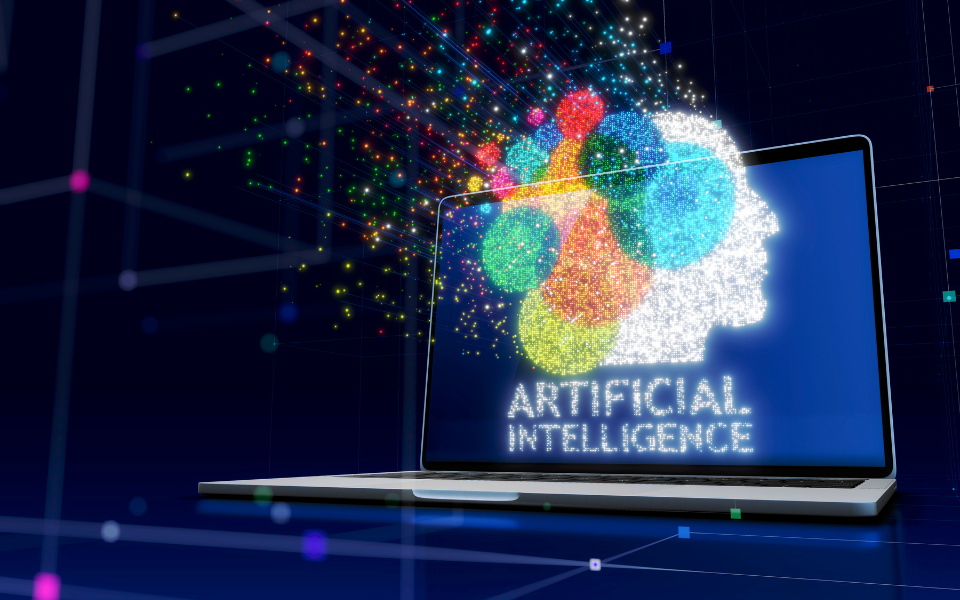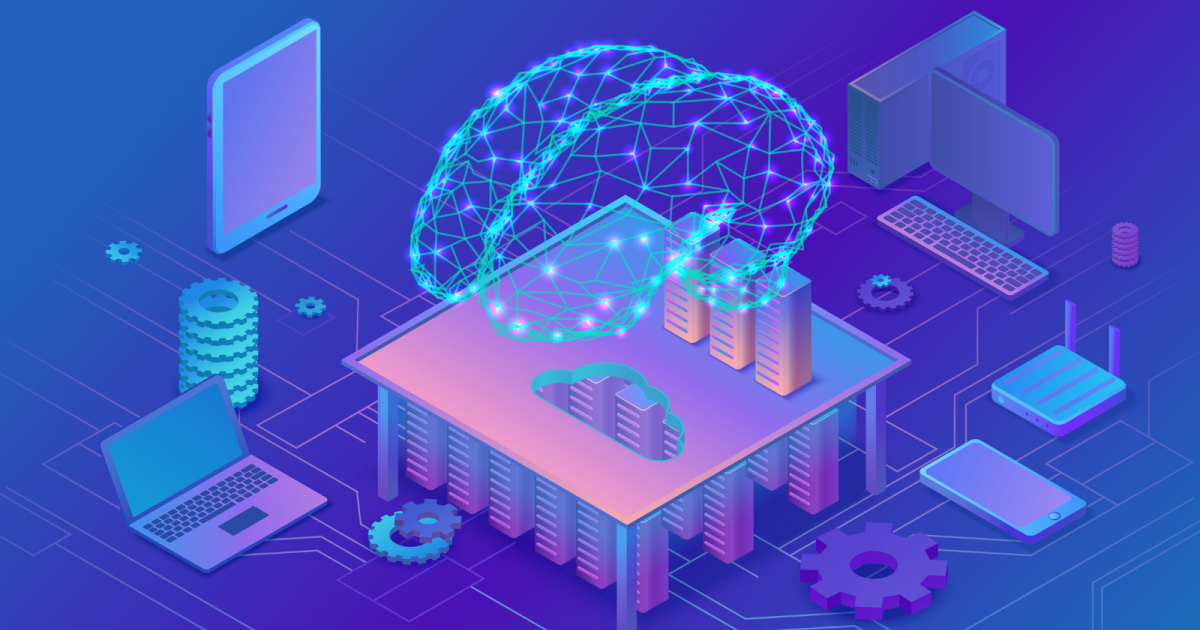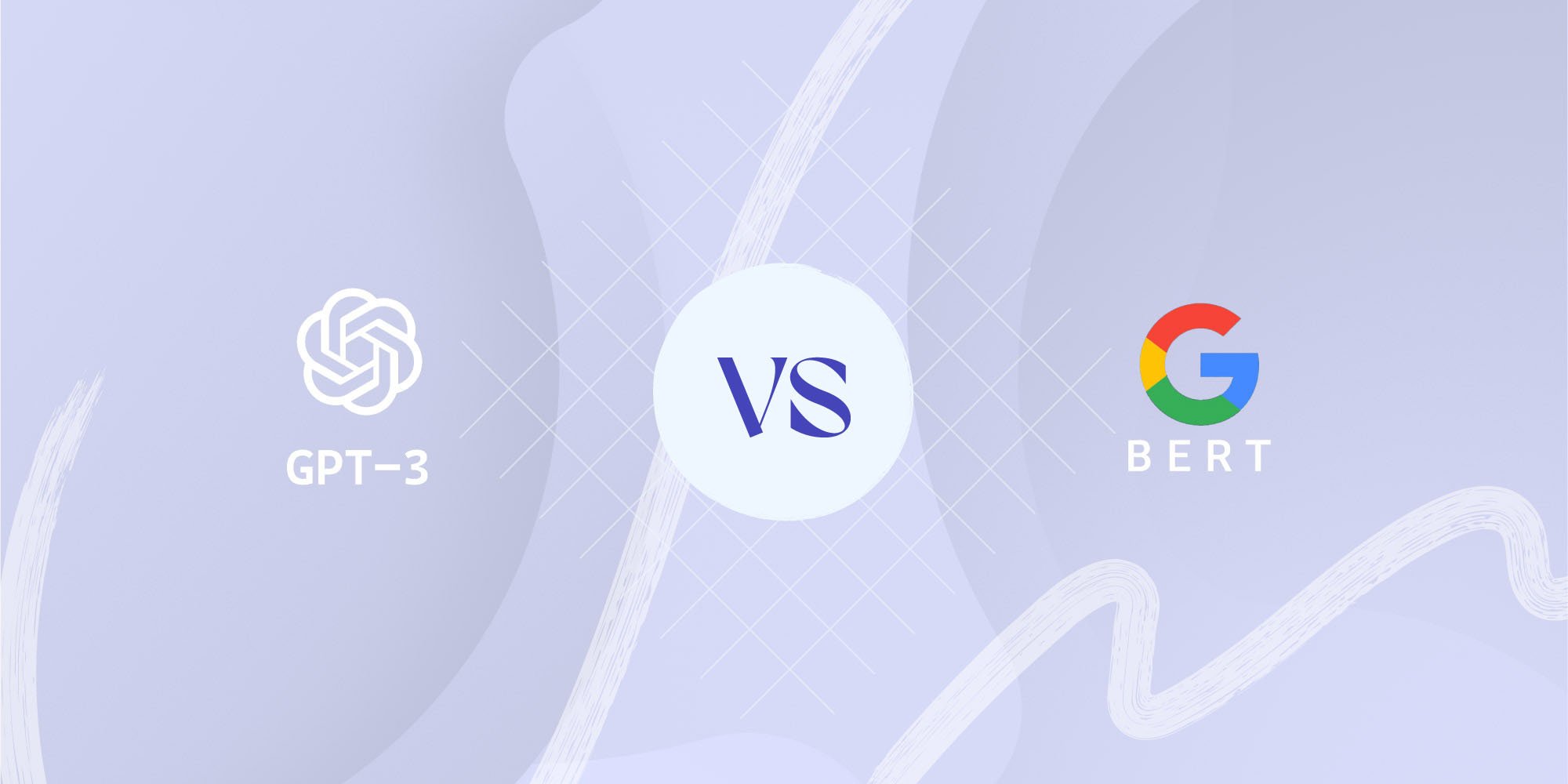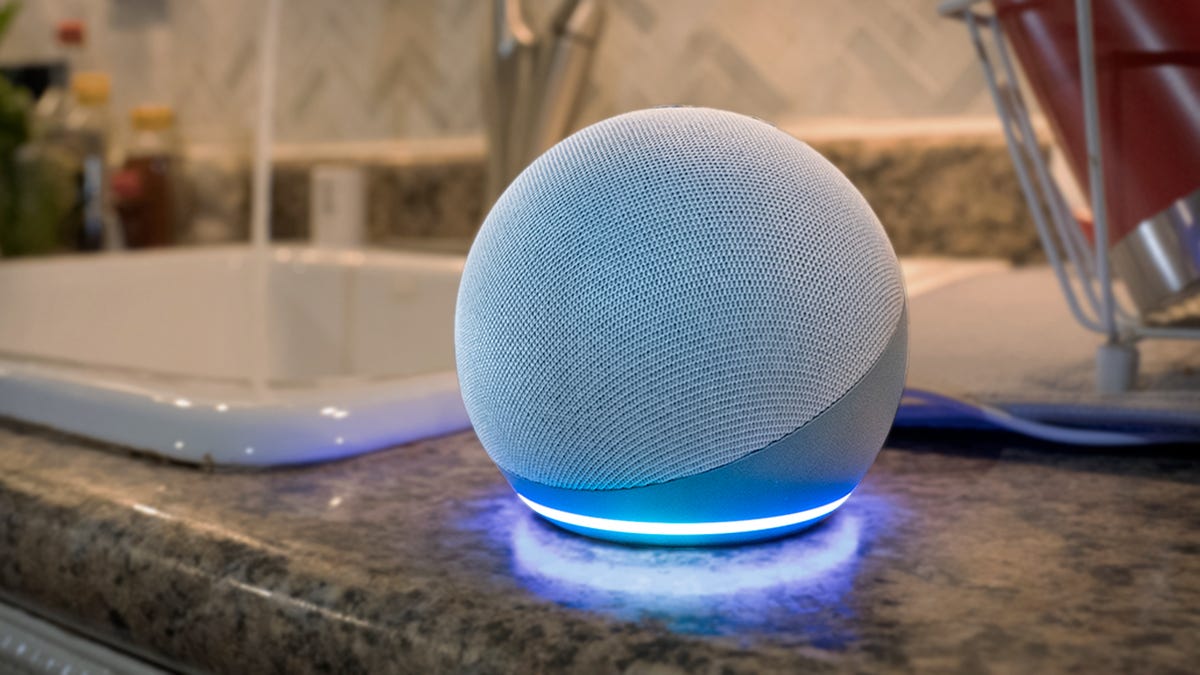Artificial Intelligence (AI) is transforming the healthcare industry in many ways, providing new and innovative solutions to longstanding healthcare problems. AI has the potential to revolutionize healthcare by improving patient outcomes, reducing costs, and enhancing the patient experience. In this article, we will discuss the benefits of AI in healthcare.
1. Early Diagnosis and Treatment
One of the major benefits of AI in healthcare is the ability to provide early diagnosis and treatment. AI can analyze large amounts of medical data, including patient health records, images, and test results, to identify patterns and detect early signs of disease. For example, AI can help identify patients at risk of developing a particular disease, such as cancer or heart disease, and alert doctors to take preventative measures. Early diagnosis and treatment are critical for improving patient outcomes and reducing healthcare costs.
2. Personalized Medicine
AI can help healthcare professionals develop personalized treatment plans based on a patient's unique medical history and genetic makeup. AI algorithms can analyze patient data to identify specific genetic markers that may indicate a predisposition to a particular disease. This information can be used to develop personalized treatment plans that are tailored to the patient's individual needs. Personalized medicine can improve patient outcomes and reduce healthcare costs by reducing the need for trial and error in treatment plans.
3. Medical Imaging Analysis
Medical imaging is a critical tool in diagnosing and treating many diseases, including cancer and heart disease. However, interpreting medical images can be challenging and time-consuming for healthcare professionals. AI can help automate the analysis of medical images, such as X-rays, CT scans, and MRIs, to provide accurate and timely diagnoses. AI algorithms can identify subtle changes in images that may indicate the presence of disease, allowing doctors to diagnose and treat patients more quickly and accurately.
4. Predictive Analytics
AI can analyze patient data to predict future health outcomes, such as the likelihood of hospital readmission or the risk of developing a particular disease. This information can be used to develop preventative measures and treatment plans that are tailored to the patient's individual needs. Predictive analytics can help healthcare providers identify patients who are at risk of developing a particular disease and intervene early to prevent the disease from progressing.
5. Virtual Nursing Assistants
Virtual nursing assistants, or chatbots, are AI-powered tools that can provide patients with personalized medical advice and support. Chatbots can answer patient questions, provide information on medications and treatment plans, and offer emotional support. Virtual nursing assistants can help reduce the workload of healthcare professionals and improve the patient experience by providing patients with immediate access to information and support.
6. Drug Discovery
AI can help accelerate the drug discovery process by analyzing large amounts of data to identify potential drug candidates. AI algorithms can analyze chemical structures, protein interactions, and genetic data to identify molecules that have the potential to treat specific diseases. AI can also help optimize drug development by predicting how a drug will interact with the human body and identifying potential side effects.
7. Administrative Efficiency
AI can help improve administrative efficiency in healthcare by automating repetitive tasks, such as scheduling appointments and processing paperwork. By automating these tasks, healthcare professionals can focus on providing care to patients. AI can also help reduce errors in administrative tasks, such as coding and billing, which can improve the accuracy of financial reporting and reduce the risk of fraud.
In conclusion, AI has the potential to transform the healthcare industry by improving patient outcomes, reducing costs, and enhancing the patient experience. From early diagnosis and treatment to personalized medicine and virtual nursing assistants, AI is providing new and innovative solutions to longstanding healthcare problems. As AI continues to evolve, we can expect to see even more benefits in the healthcare industry in the coming years.






